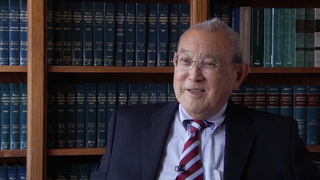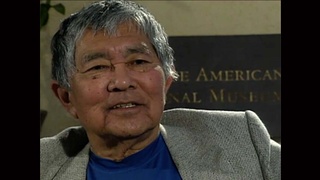Interviews
Preserving Manzanar-Chutzpah and the DWP
Now, I had moved to the mayor’s office and the federal government wanted to designate Manzanar as a historic landmark. But they couldn’t go on the land because the land was owned by DWP (Department of Water and Power). So they called the mayor’s office so I took care of it and kind of backed off the DWP. And then they declared the landmark. Some years later, the federal government wanted to a feasibility study. The Congress had passed legislation to study sites associated with the Pacific War. As part of that, they wanted to look at all the concentration camp sites and see which lend themselves to be preserved. But they couldn’t get on the property at Manzanar. So again, they called the mayor’s office, called me. So I blocked the DWP and created access for the park service to do the feasibility study.
Date: July 17, 2013
Location: California, US
Interviewer: Sean Hamamoto
Contributed by: Watase Media Arts Center, Japanese American National Museum; Japanese American Bar Association





